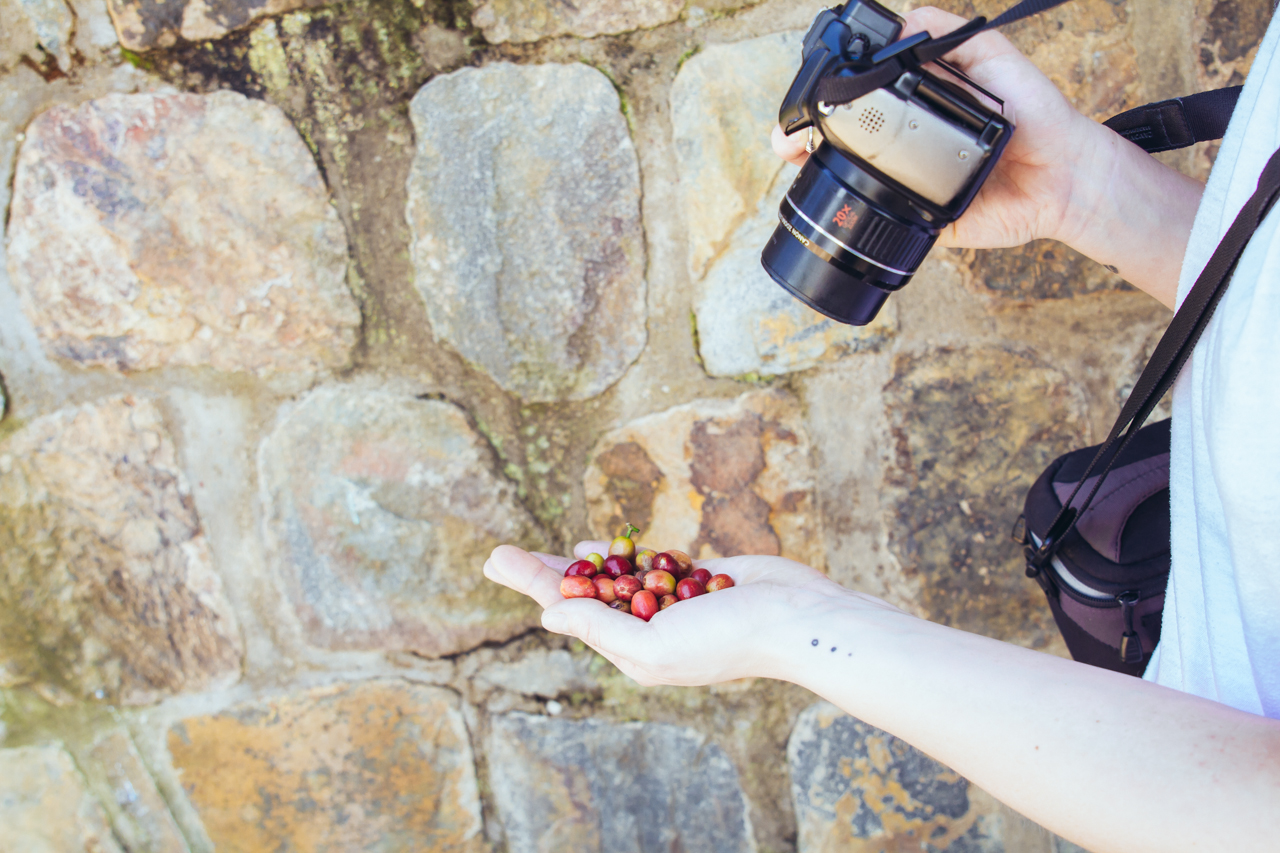Why Cascara?
Cascara. Coffee Husk, peel, skin. The Ethiopians used it to make a tea well before they discovered coffee, the Bolivians enjoy it as the leftovers of their crop and now, through the specialty coffee phenomenon, we’re starting to see some modern applications of cascara such as infusions, sodas, muesli bars and even flour.
But all of this is happening very slowly and it's time we got serious about spreading the word about this miracle stuff. Cascara contains dietary fibers, anti-oxidants, a mild amount of caffeine - and possibly even more. It is a cheap and easy to process by-product of coffee production and is often simply disposed of. Not only does this cause environmental degradation, it also spoils a potentially sizeable source of income for the farmers. In fact, if farmers were able to sell two thirds of their coffee skins for the same price as their green coffee (which is what we pay), they could almost double their income. Yes, double.
Why not use it as fertiliser?
We are often asked whether cascara couldn't be better used for fertiliser to prevent the farmer from having to buy external inputs. It is true that cascara contains vital minerals that are needed to sustain the coffee plant in its natural cycle, but due to its low pH value, too much cascara quickly acidifies the ground if not fermented and complemented with other elements such as mulch. In practice, not more than 3% of the world's cascara is effectively used for fertilisation (estimated 15% for organic coffee production). Our calculations suggest that if farmers fermented roughly 1/3 of their cascara for fertiliser and sold the rest, they would retain enough nutrients to feed their plants, use some for own consumption and still double their income - provided someone creates a market for them!
The Project
Alas, all this extra income is still hypothetical. As of yet there is not much demand for cascara, but we think that’s because we’ve not been thinking about its uses creatively enough. We've therefore taken it upon ourselves to play a more active part in bringing this product to life and making it a common sight in Europe. Our role contains three elements: an open guide, showcasing and testing.
1. CASCARA GUIDE
If you want to research cascara, you'll find many scattered sources but no single definitive reference.
Worse still, if you're a farmer and want to start producing it, you'll hardly find anything online - and requests for information are usually met with secrecy.
To change this, we published a guide on the nutritional value, production and preparation of cascara, free to download and communally updated.
2. SHOWCASING
We will host exhibitions in our lab in Amsterdam every few months to get people to feel, taste and talk about cascara.
We also invite food experts, cooks, food product developers and anyone interested to develop their cascara products and recipes in our lab, and use our equipment as much as we can handle.
Our first event took place on December 8th, 2016. > go to facebook page
3. Testing
We realise that not everyone who is interested in cascara can come to us to experiment...
We have therefore committed to sending out many samples of our partners' cascara to people we think would be great at creating new products from it.
Contact us via info@tsutrade.com to get your hands on some cascara goodness.




